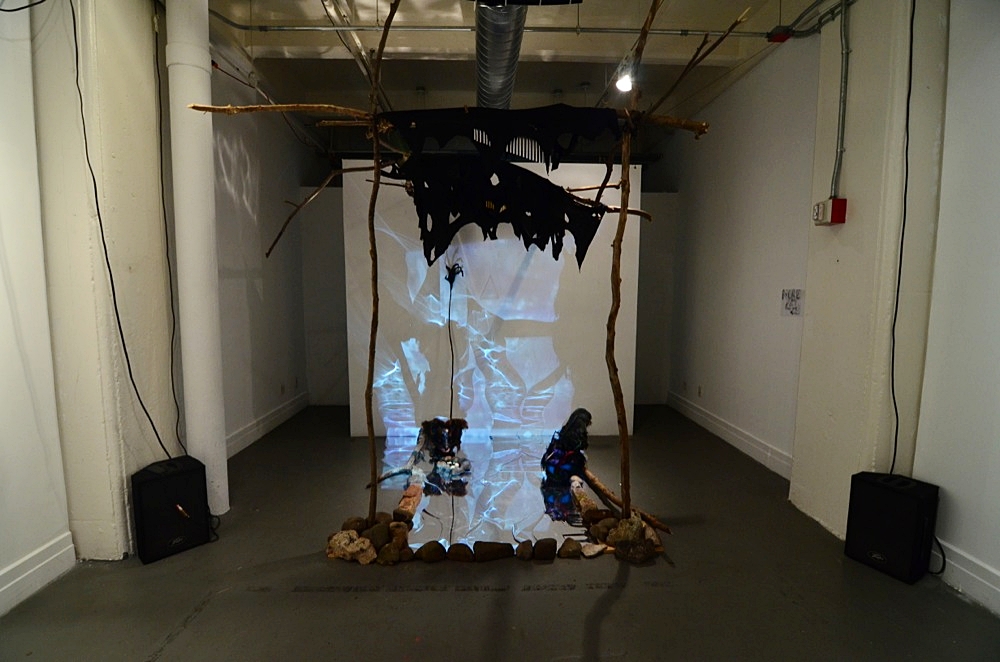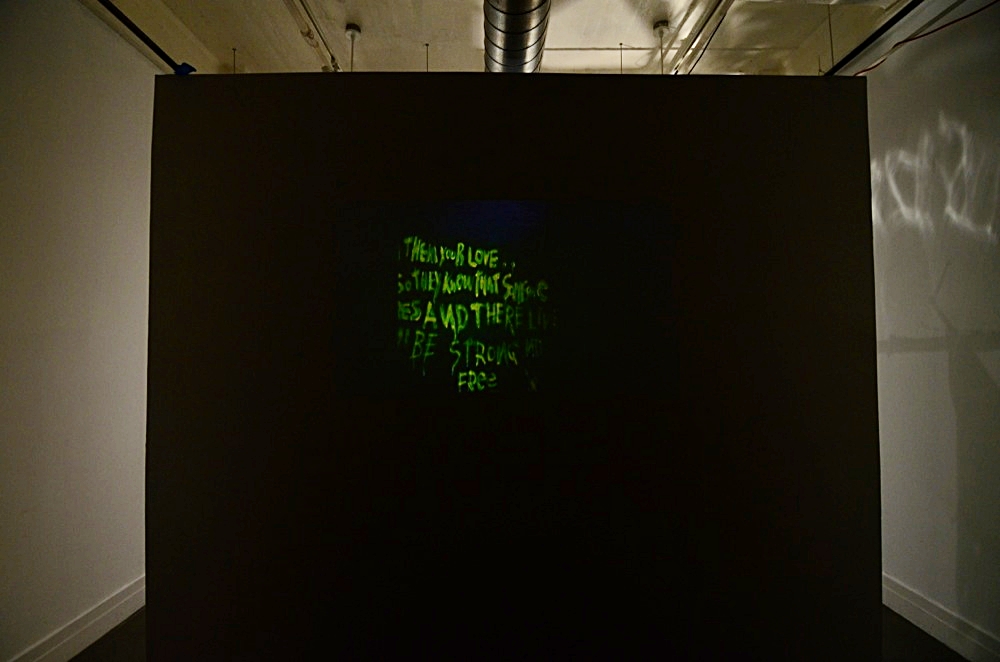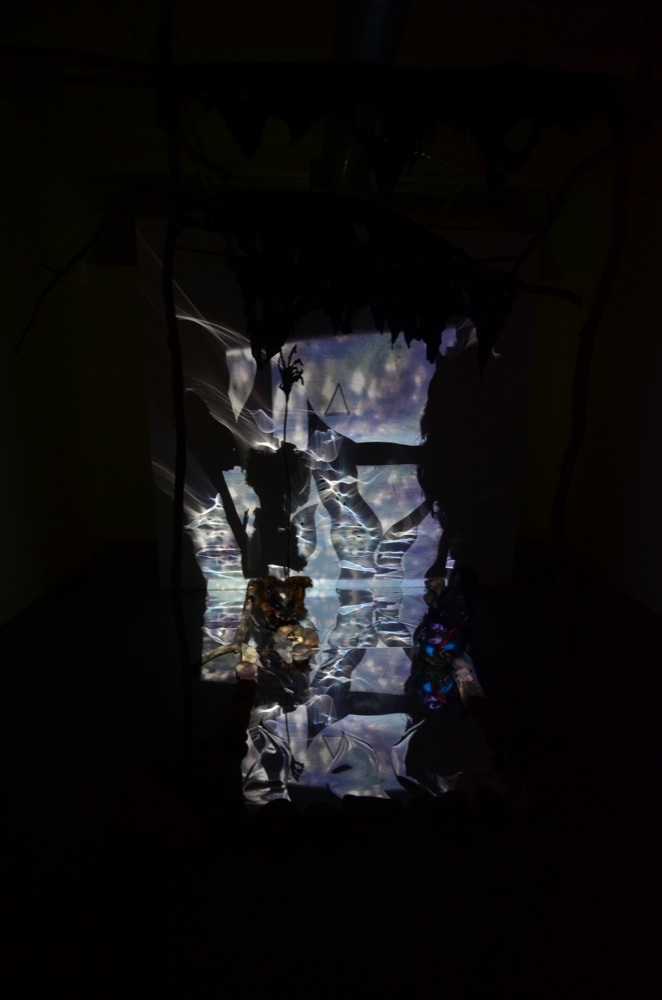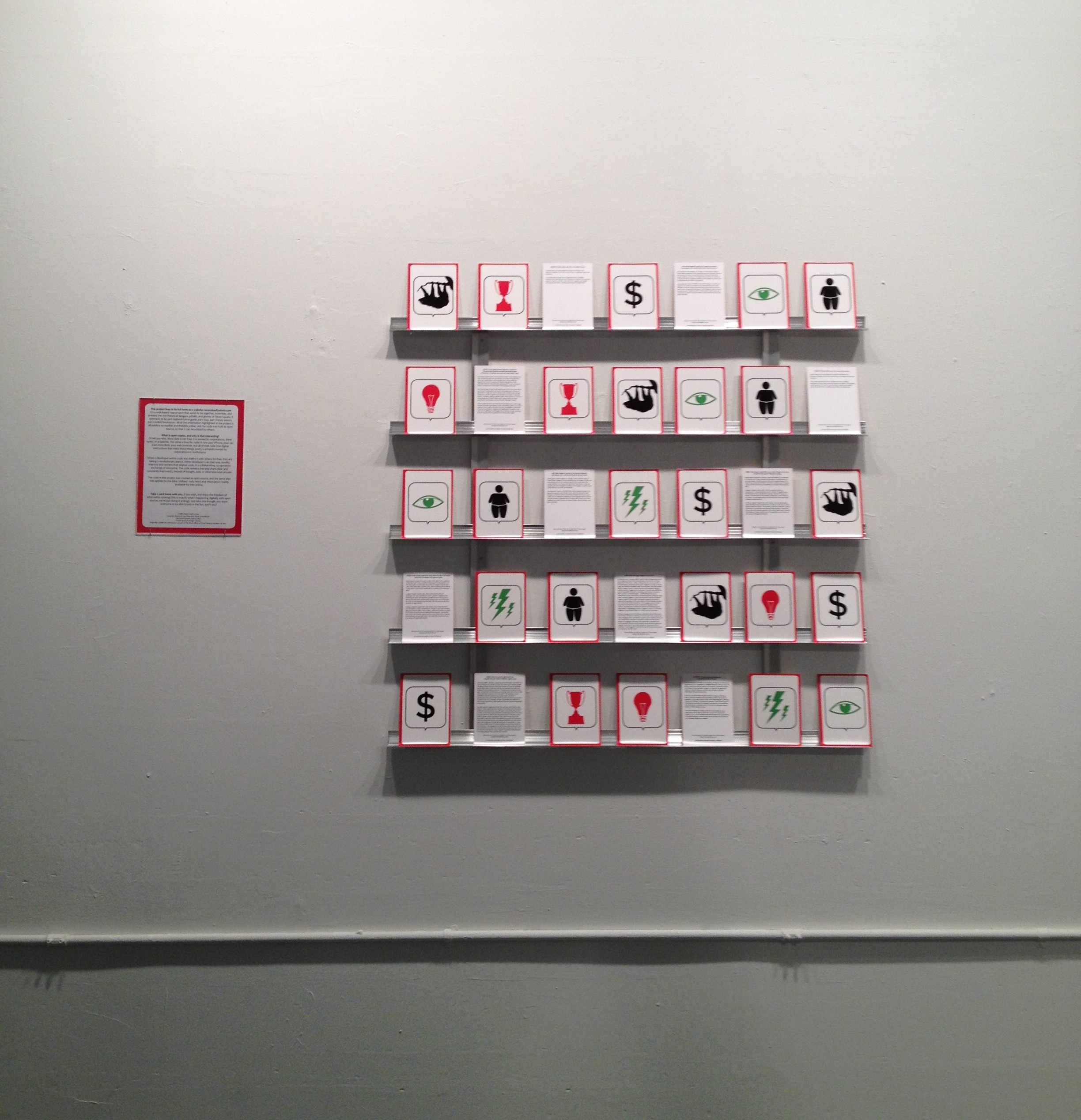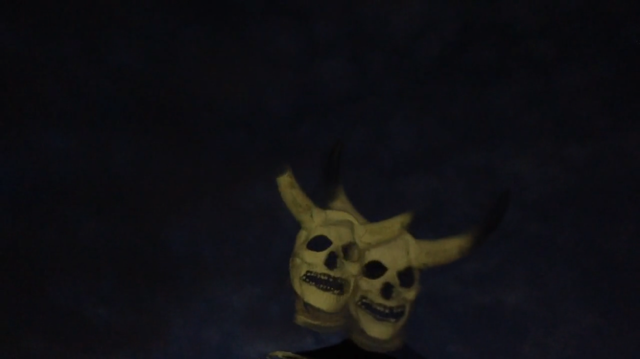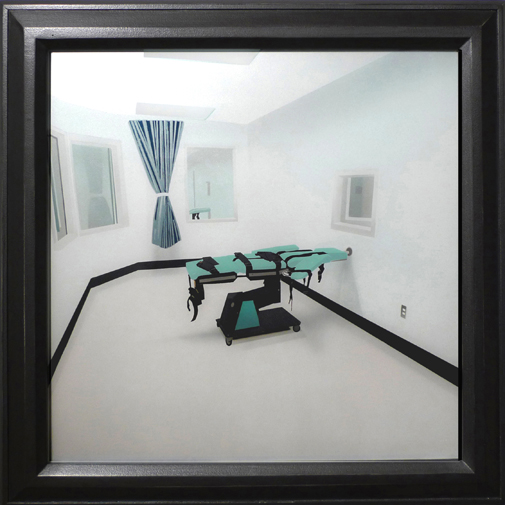WHY YOU GOT TO BE SO EVIL?
CURATED BY JULIE MCKIM and wyatt Nash
KUNSTHALLE GALAPAGOS, BROOKLYN, NY
SEPTEMBER-OCTOBER, 2014
MARTHA COLBURN / DIRTY CHURCHES / IRVIN MORAZAN / TIF ROBINETTE / KAREN SCHOELLKOPF / LIOR SHVIL / DOUG YOUNG
Why You Got To Be So Evil? brings together artists who explore the concept of evil and the various forms and constructs it takes in contemporary culture. They investigate stereotypes of “evil” ranging from the occult, ritual and sin, and examine evils old and new including misuses of power, fascism and oppression. Other work plays in an ambiguous place where evil is in the eye of the viewer. Employing performance, painting, photography, film, sculpture and stop-motion animation, these artists reveal and call into question the evils - big and small - we encounter daily.
SHE is Near, 2014
Presented by DIRTY CHURCHES
PERFORMANCE BY RACHEL BLACKWELL
MUSIC COMPOSED BY JESSE GELAZNIK
VIOLIN - GENE BACK
VIOLA - ERIC ELTERMAN
CELLO - ERIN HEWGLEY
CAMERA BY BUTCHER WALSH
HELLCATS, 2014
Hellcats, a durational performance exploring female competition and indirect aggression is ritualized through displays of overt aggressive behaviors. In a 120 minute performance, A.Agrofemme, with Olivia Coffey, will enact and embody ritualized catfighting. The audience is invited to spend as much or as little time in the room with the consciousness that the performance will continue with or without their presence.
This externalized procedure investigates the social violence and relational aggression that is endemic in women’s interactions with one another. Indirect aggression, such as pejorative slander and social exclusion, begins to be utilized in early childhood and continues into women’s professional and social interactions. The fluid structure of women’s social hierarchies allows for persistent negotiations of power shifts to occur between dominant females. The social aggressions women employ in competitive situations are typified by physically non-violent interactions. Hellcats confronts the phenomenon of these non-violent aggressions, giving them embodied ritual and actions.



